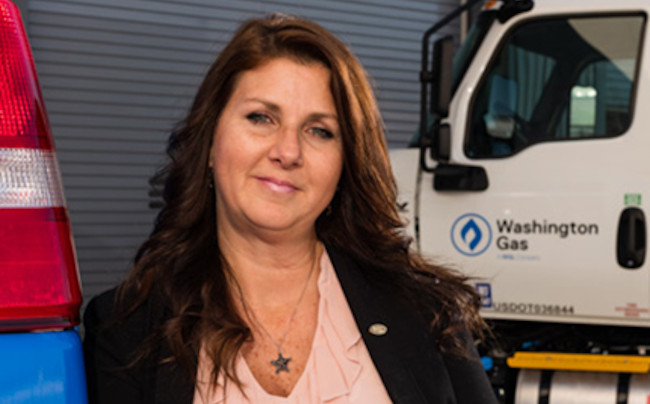
When I became the Fleet Manager of Washington Gas Light (WGL) in 2015, it was the first time I had managed a fleet that included natural gas vehicles (NGV’s). Therefore, I felt that the NAFA Sustainable Certification was a great way to expand my knowledge of sustainability involving alternative fuel vehicles. WGL has a corporate sustainability goal, which I felt…

Electric vehicles (EVs) are the way of the future. Ninety percent of fleet owners have assessed, or plan to assess, the feasibility of incorporating more electric assets into their operations. While only one percent of current fleet vehicles are electric, this number is projected to grow to 12 percent by 2030. Electric vehicles are not just better for the environment,…

Government fleet professionals have vied to be chosen as one of the “100 Best Fleets” for over 20 years. It is recognition that is valuable to both fleet teams and top management. Fleet veteran Tom Johnson founded the Best Fleets organization and has run the annual competition for two decades to identify the best operations in the government fleet sector….

We’ve read about it. We’ve written policies about it. We may have been guilty of doing it ourselves. Distracted driving. One side effect from the past few months is most of us experiencing a high level of distraction as a result of living with uncertainty, the rigors of sheltering in place and more recently, the conflicting signals and guidelines about…

What are you doing to improve the environment? Wise elders inspired “The Seventh Generation Principle based on an ancient Haudenosaunee (Iroquois) philosophy that the decisions we make today should result in a sustainable world seven generations (140 years) into the future.” Sustainability is becoming embedded into business models and smart leaders recognize that sustainable business practices can improve profits as…

The Covid pandemic put fleet safety at front and center of the consumer zeitgeist of 2020. Nonessential business has resumed across the U.S., which means fleet leaders are hashing out what the “next normal” is going to look like for their business. The smart fleet management market is poised to grow by $153.63 billion between 2020 and 2024, with some…

Sustainability is quickly becoming a moral imperative in the fleet industry. We’ve been operating as if earth itself was a renewable resource. But air pollution, water contamination and the consumption of natural resources now pose a tangible, detrimental impact to the quality of human life. A whopping 44 percent of the U.S. population now lives in areas that do not…

Implementing new mobility options comes with great potential benefits: increased efficiency of operations, reduced costs, reduced carbon dioxide emissions, and perhaps improved employee satisfaction. As a result, and prior to Covid-19, many fleet managers will have been considering their approach to risk management with respect to new mobility – electrification, automation, and sharing. Clearly, a pandemic temporarily alters priorities; safety…

The Covid outbreak threw a wrench in many fleet leaders’ agendas. Suddenly, plans such as business expansions, burgeoning client relationships, vehicle acquisitions and hiring have been put on hold… or suspended altogether. It can be challenging to pivot business plans unexpectedly, while simultaneously minimizing business disruption and pushback from staff. Ideas can suddenly be upended by shifts in the economy,…

Safety has always come first in the fleet industry. However, the coronavirus outbreak has encouraged fleet leaders to put safety culture at the forefront of their list of priorities. Organizations with a great safety record do so with a culture of safety-present as policy. Many fleet organizations have had to enact stricter safety protocols to prevent pathogen spread in fleet…